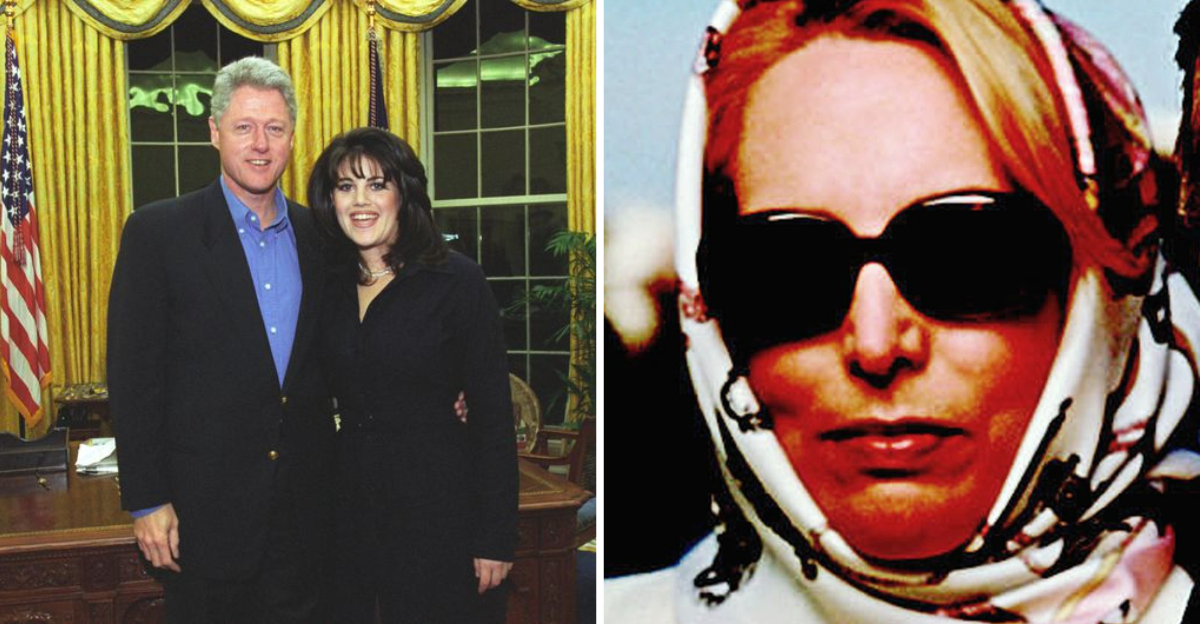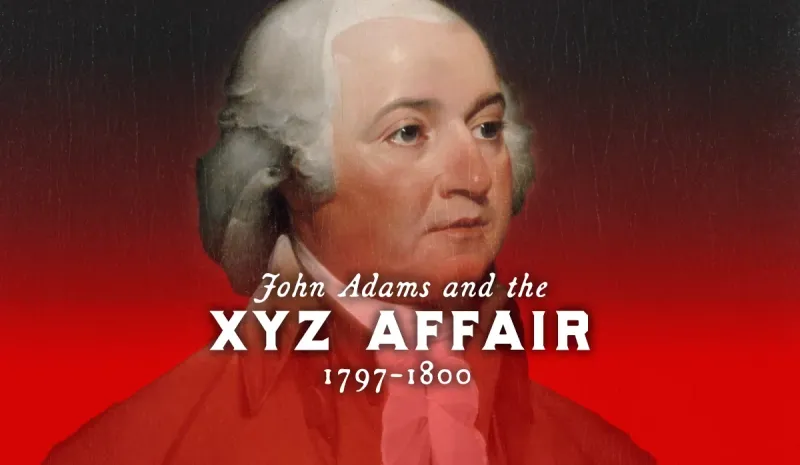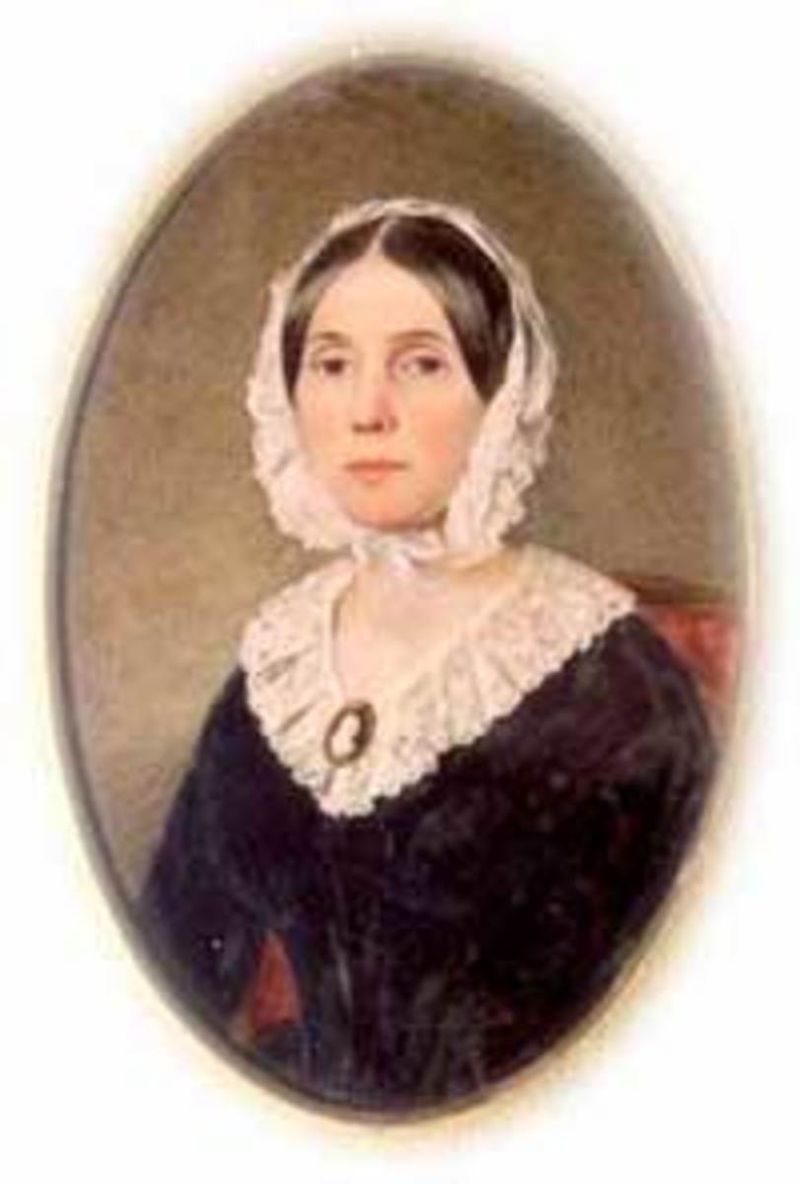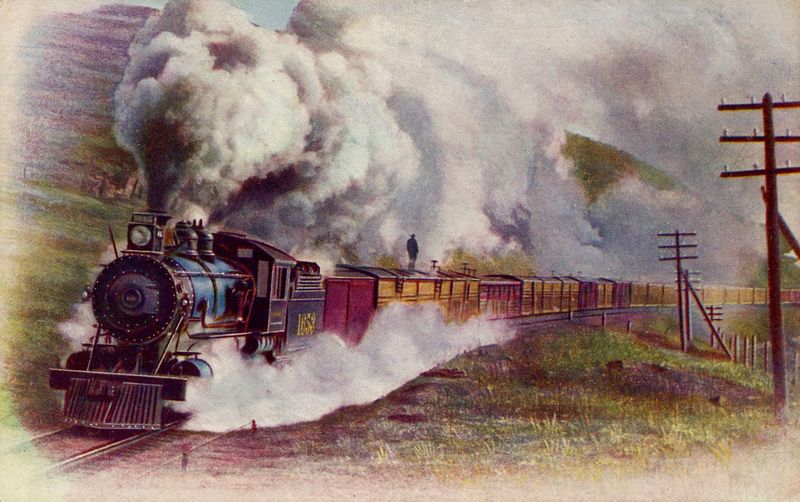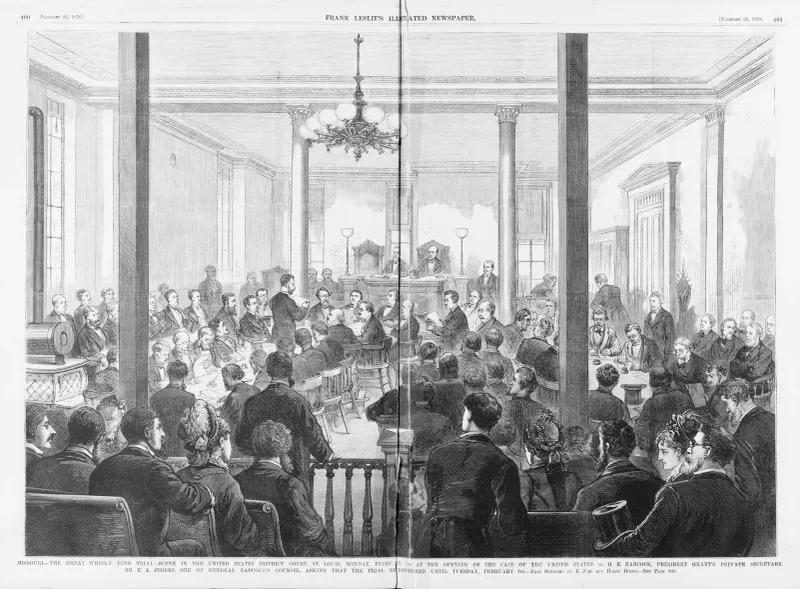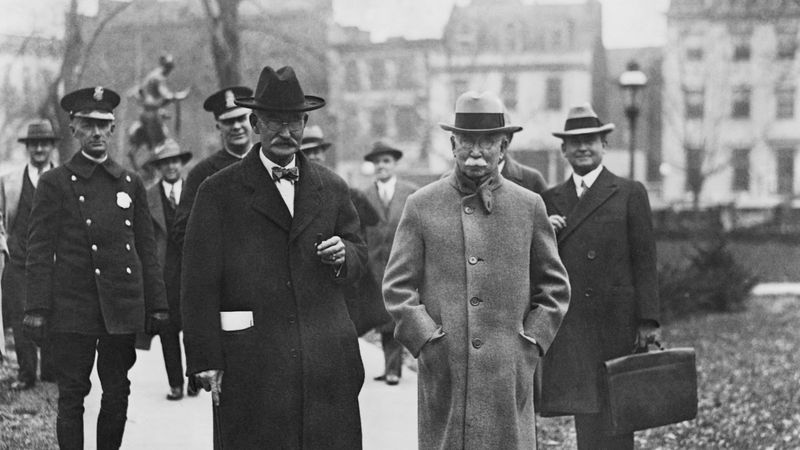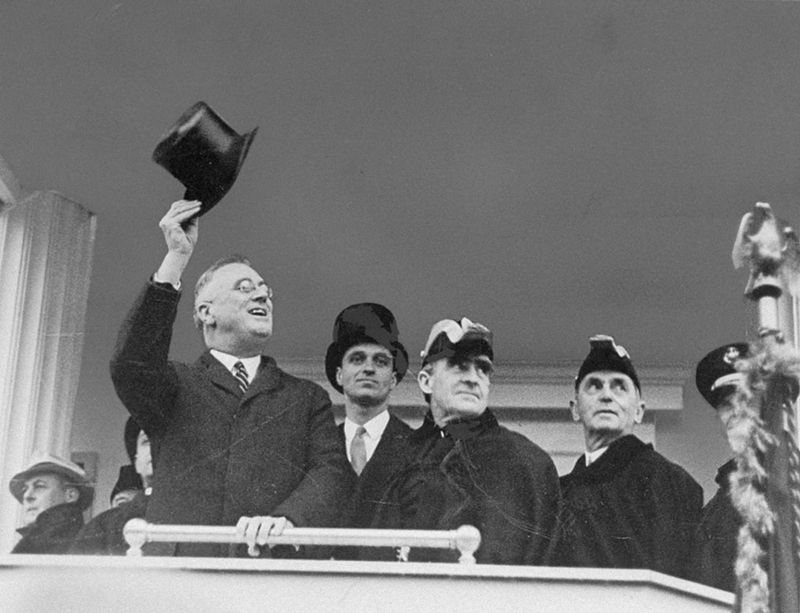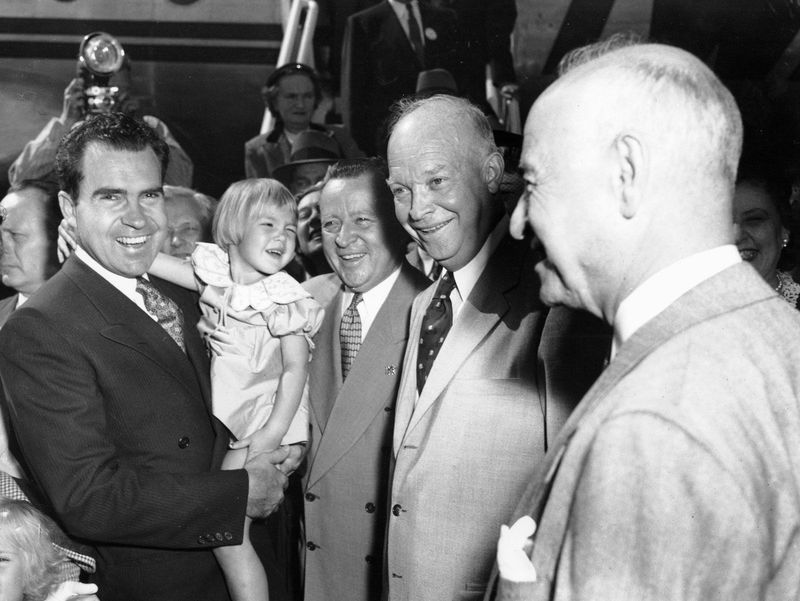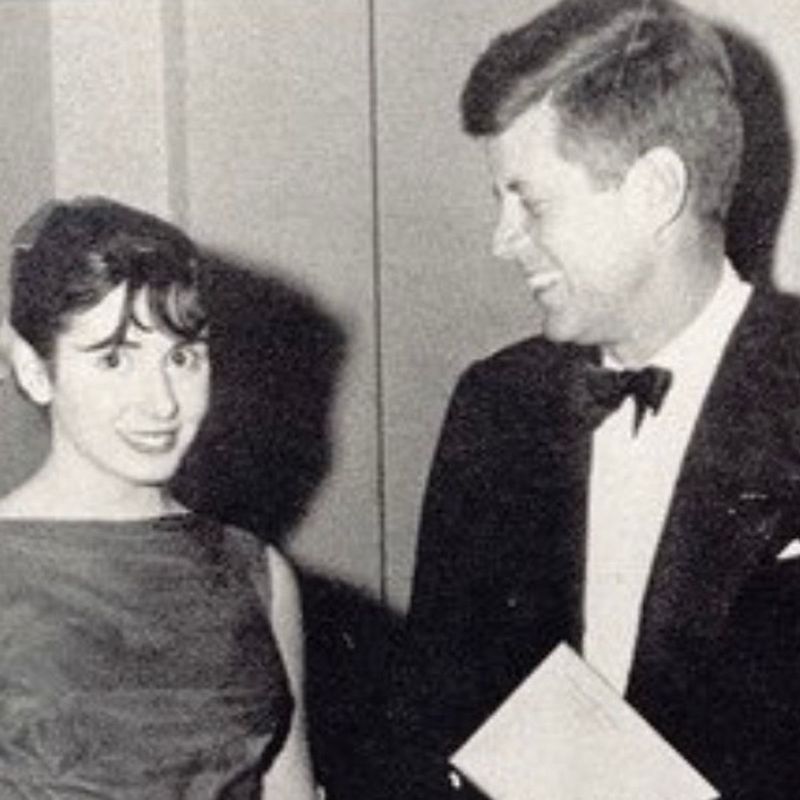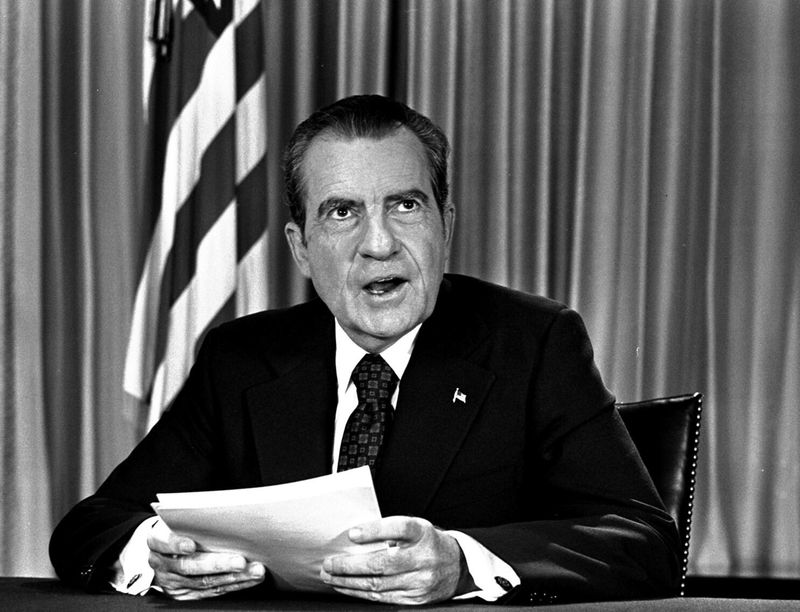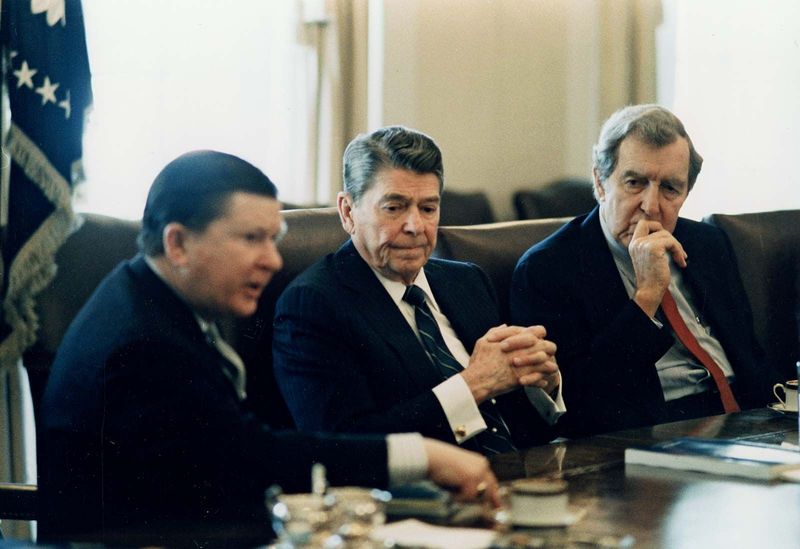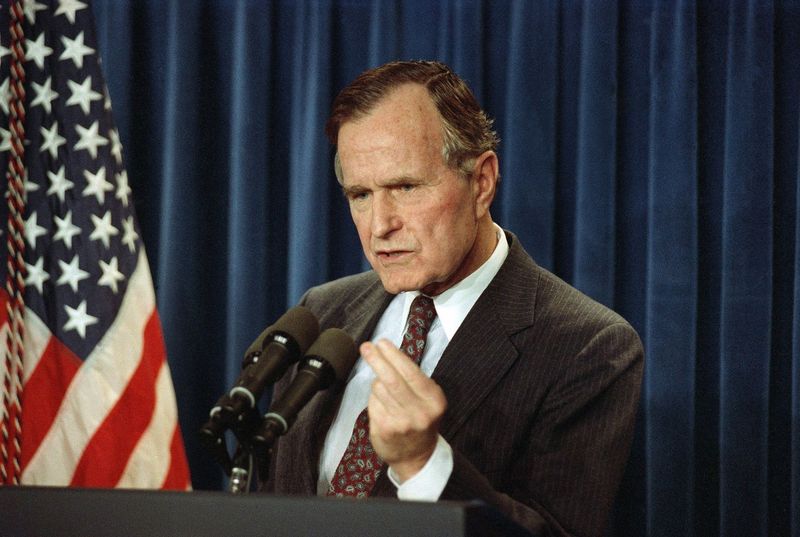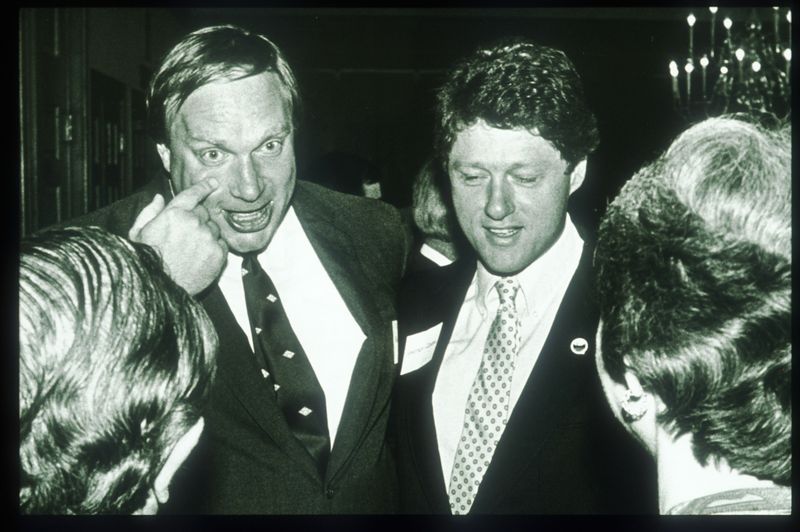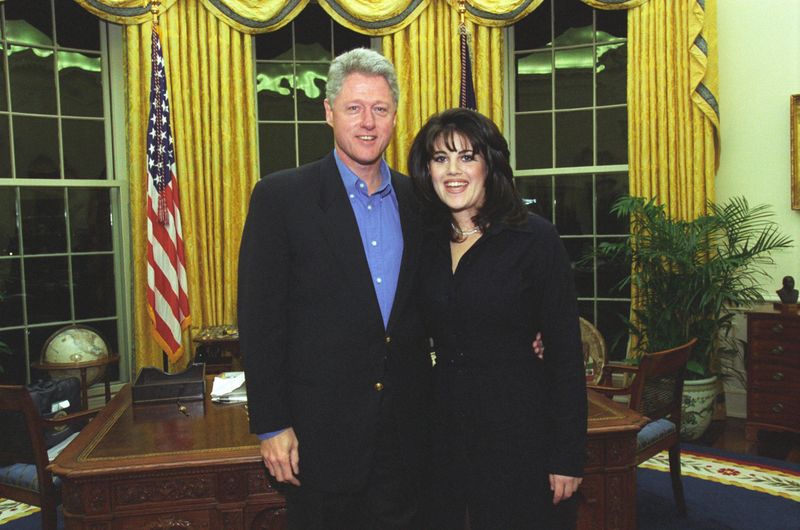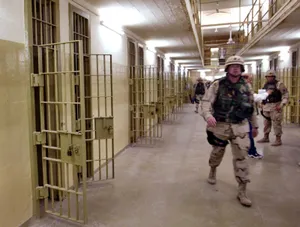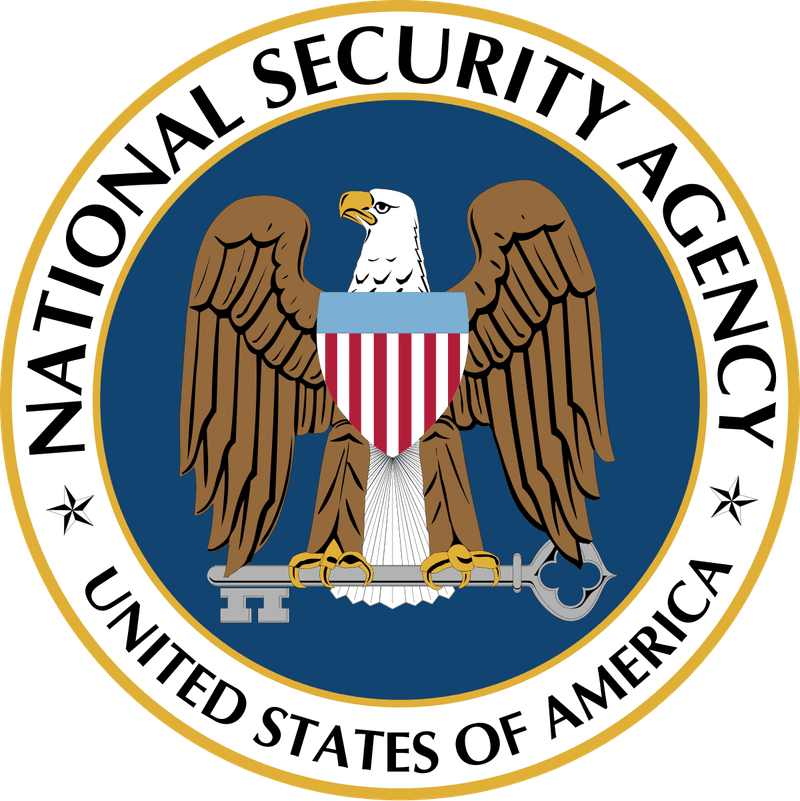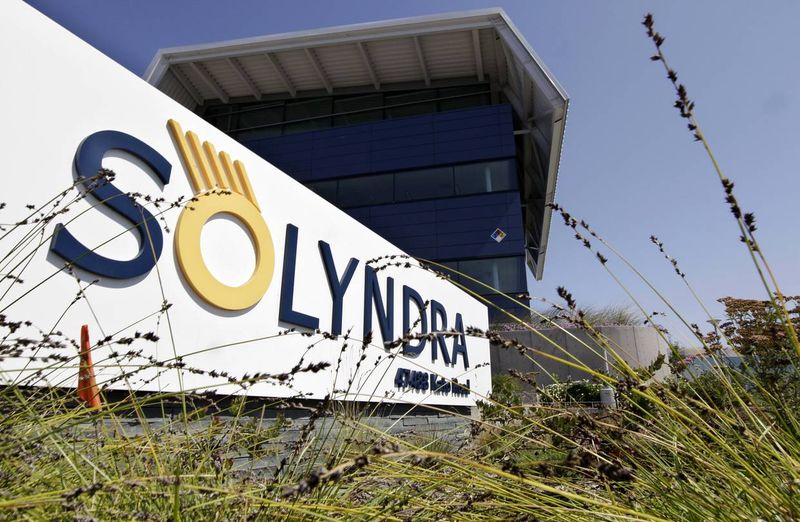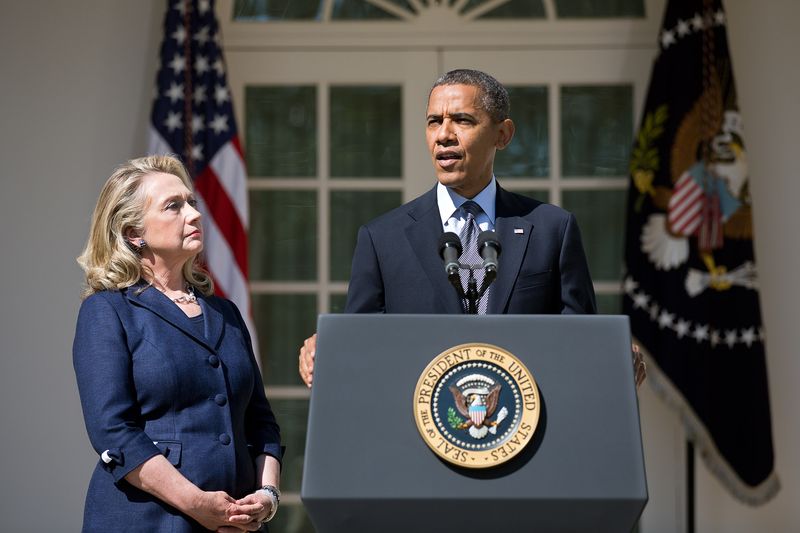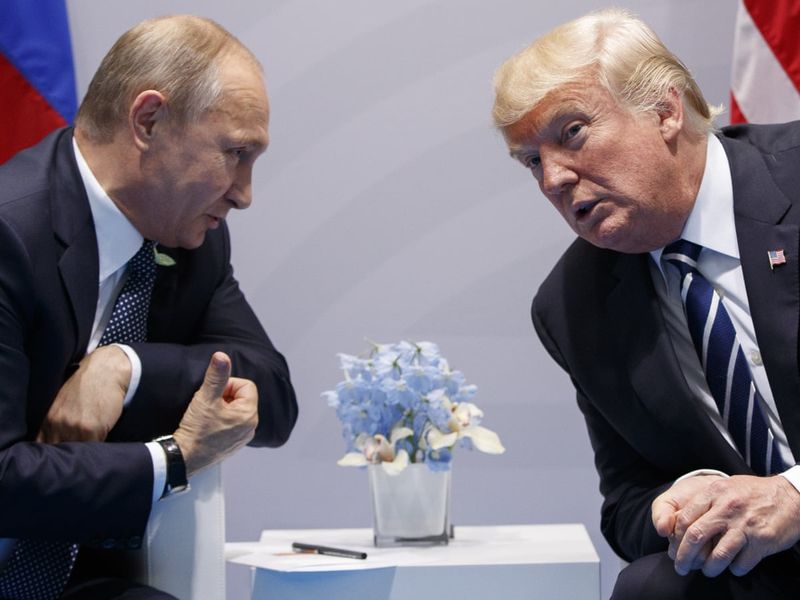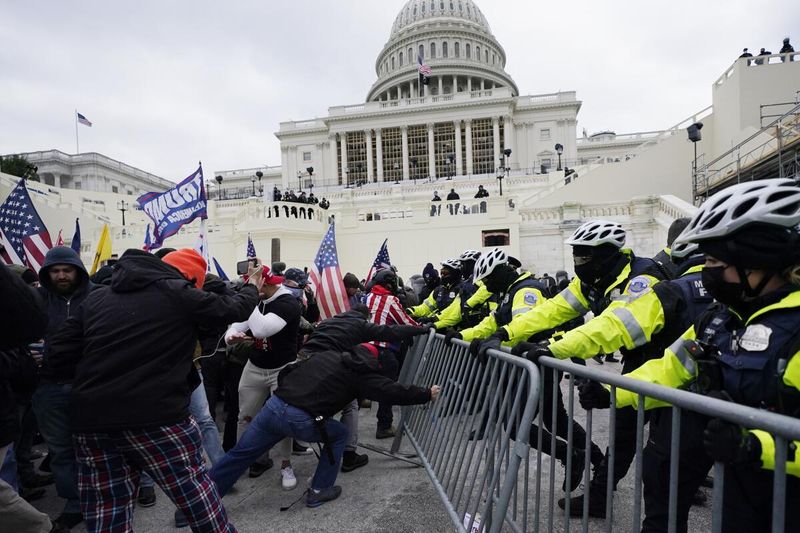The White House has been a center of American politics for centuries. While it’s a symbol of power and leadership, it’s also been the site of some of the biggest scandals in U.S. history. From corruption to personal affairs, these moments shook the country and often changed the course of politics.
Here are 20 White House scandals that made headlines and left a lasting impact.
1. The XYZ Affair (1797-1798)
French diplomats in the late 18th century demanded bribes from U.S. officials under President John Adams. This scandal, known as the XYZ Affair, led to an undeclared naval war between the U.S. and France, commonly referred to as the Quasi-War. The incident highlighted the fragile nature of international diplomacy at the time.
The demand for bribes shocked the American public and caused an uproar against French influence. It also showcased the challenges young America faced on the global stage. The scandal had lasting effects on U.S.-French relations and impacted Adams’ presidency significantly.
2. The Petticoat Affair (1829-1831)
During Andrew Jackson’s presidency, a social scandal erupted involving the wives of his Cabinet members. They refused to accept Peggy Eaton, the wife of Secretary of War John Eaton, leading to what became known as the Petticoat Affair. The drama revolved around social acceptance and moral judgments.
Ultimately, the scandal caused the resignation of nearly Jackson’s entire Cabinet. Jackson, known for his fiery temper, saw the affair as a personal attack. It changed how presidents managed their inner circles, emphasizing loyalty over social standing, and was a pivotal moment in Jackson’s administration.
3. The Credit Mobilier Scandal (1872-1873)
Under President Ulysses S. Grant, members of Congress were caught taking bribes from the Credit Mobilier construction company. This occurred while overseeing the Transcontinental Railroad’s construction. The scandal exposed the depth of government corruption at the time.
The public was outraged by the misuse of funds meant for national development. Grant’s reputation suffered significantly, though he was not directly involved. The Credit Mobilier Scandal highlighted the need for government reform and transparency. It served as a cautionary tale of unchecked power and greed within the political system.
4. The Whiskey Ring Scandal (1875)
A massive tax evasion scheme unfolded under President Ulysses S. Grant, where government officials pocketed taxes from whiskey distillers. Known as the Whiskey Ring Scandal, it involved distillers and politicians conspiring to defraud the government.
The scandal led to 110 convictions, including Grant’s personal secretary. It was a significant blow to Grant’s administration, highlighting widespread corruption. The public’s trust in government officials was severely damaged. Despite efforts to distance himself, Grant’s presidency was tainted by the scandal. It showcased the challenges of maintaining integrity in government.
5. The Teapot Dome Scandal (1921-1923)
Warren G. Harding’s presidency was marred by the Teapot Dome Scandal, where his Secretary of the Interior leased government oil reserves to private companies in exchange for bribes. This scandal is one of the biggest corruption cases in U.S. history.
The revelation shook the public’s trust in the government, leading to the first-ever conviction of a U.S. Cabinet member. The scandal encapsulated the rampant corruption of the era. It served as a turning point in how Americans viewed their leaders and highlighted the need for stricter regulations and transparency in government dealings.
6. FDR’s Court-Packing Plan (1937)
In 1937, Franklin D. Roosevelt attempted to add more justices to the Supreme Court to ensure the passage of his New Deal policies. This bold move was seen as a threat to the judicial system’s independence, sparking widespread criticism.
The court-packing plan backfired politically, damaging Roosevelt’s credibility. It was a rare misstep in his otherwise successful presidency. The controversy underscored the importance of checks and balances within the U.S. government. Despite the failure, it highlighted the intense political battles of the era and the lengths to which leaders might go to achieve policy goals.
7. The Truman Administration Kickback Scandal (1950s)
During the 1950s, the Truman administration was rocked by a kickback scandal where government officials were caught taking bribes. The scandal exposed deep-seated corruption within the administration, leading to several resignations.
It highlighted the pervasive nature of corruption in post-war America. The public’s faith in the government was shaken as revelations of unethical behavior came to light. The scandal underscored the need for transparency and ethical standards in government operations. It served as a reminder of the challenges leaders face in maintaining integrity and the importance of accountability.
8. The Kennedy Affairs (1960s)
John F. Kennedy’s presidency was later revealed to be marred by alleged affairs, including with actress Marilyn Monroe and women connected to the Mafia. While not publicly exposed during his lifetime, these affairs raised significant national security concerns.
The potential for blackmail and the risk of compromising sensitive information were major worries. Kennedy’s charismatic image was tarnished posthumously as these revelations came to light. The scandal spotlighted the complex personal lives of public figures and the potential implications on national security, showcasing the intricate balance between personal freedom and public responsibility.
9. The Watergate Scandal (1972-1974)
The Watergate Scandal was a major political scandal that occurred during Richard Nixon’s presidency. Members of Nixon’s re-election team were caught breaking into the Democratic National Committee headquarters at the Watergate Hotel.
The scandal led to Nixon becoming the first U.S. president to resign. Public trust in government plummeted as the extent of the cover-up was revealed. It was a defining moment in American political history, highlighting the need for transparency and accountability. Watergate changed the landscape of American politics, with lasting effects on media and government relations.
10. The Iran-Contra Affair (1980s)
The Iran-Contra Affair was a political scandal in the 1980s under Ronald Reagan. Officials secretly sold weapons to Iran and used the profits to fund Nicaraguan rebels, the Contras, violating U.S. law.
The revelation led to multiple convictions and severely damaged Reagan’s credibility, although he denied direct involvement. The scandal highlighted the complexities and dangers of covert government operations. It sparked debates about executive power and foreign policy. Despite the controversy, Reagan’s popularity remained relatively high, but the incident left an indelible mark on his presidency and American political discourse.
11. The Savings and Loan Crisis (1980s-1990s)
The Savings and Loan Crisis was a significant financial scandal during George H.W. Bush’s administration. Deregulation in the banking sector led to massive fraud and the collapse of numerous savings and loan associations.
The crisis cost U.S. taxpayers over $160 billion and prompted new banking regulations. The scandal exposed vulnerabilities in the financial system and the dangers of inadequate oversight. It highlighted the need for carefully balanced economic policies to prevent future crises. The incident had long-lasting effects on the American economy and reshaped financial regulatory frameworks.
12. The Whitewater Scandal (1990s)
The Whitewater Scandal centered around a failed real estate investment involving Bill and Hillary Clinton in the 1990s. The investigation into the Clintons’ involvement was extensive, though they were never charged.
The scandal became a focal point for political opponents, sparking debates over ethics and transparency. It underscored the intense scrutiny public figures face and the potential for political maneuvering. Despite the controversy, the Clintons emerged relatively unscathed legally. The event highlighted the intersection of personal and political lives and the complexities of legal and ethical boundaries in public service.
13. The Monica Lewinsky Scandal (1998-1999)
The Monica Lewinsky Scandal involved President Bill Clinton having an affair with White House intern Monica Lewinsky and then lying under oath about it. The scandal captured national attention and led to Clinton’s impeachment by the House of Representatives.
However, he was acquitted by the Senate. The scandal underscored the power dynamics in political relationships and the potential for personal misconduct to impact public duties. It sparked widespread debates on privacy, morality, and accountability in leadership. Clinton’s presidency endured, but the scandal left a lasting impact on his legacy and American politics.
14. The Plame Affair (2003)
The Plame Affair occurred under George W. Bush’s presidency when CIA operative Valerie Plame was publicly exposed. The exposure was seen as retaliation against her husband, who criticized the Iraq War.
The scandal led to convictions and resignations within the Bush administration, highlighting the dangers of political vendettas. It underscored the critical importance of protecting intelligence operations and the individuals involved. The incident raised questions about media ethics and government transparency, impacting public trust. It remains a significant example of the intersection between politics, intelligence, and personal retribution.
15. The Abu Ghraib Prison Scandal (2004)
Photos leaked in 2004 revealed U.S. military personnel torturing prisoners at Iraq’s Abu Ghraib prison. The scandal caused global outrage and damaged America’s reputation.
It led to court-martials for the military personnel involved and sparked debates on military practices and human rights. The scandal highlighted the challenges of maintaining moral standards in warfare. It raised questions about the oversight and accountability of military operations. The incident had a lasting impact on U.S. foreign policy and military conduct, serving as a stark reminder of the importance of ethical standards in conflict situations.
16. The NSA Spying Scandal (2005)
In 2005, the NSA was caught wiretapping Americans without warrants under George W. Bush’s administration. The scandal sparked a national debate on privacy versus security, with significant legal challenges ensuing.
It highlighted the balance governments must strike between protecting citizens and respecting their rights. The revelation led to increased scrutiny on surveillance practices and calls for more transparency. Public trust in government agencies was affected as the extent of surveillance became apparent. The incident remains a critical point of discussion on civil liberties and government powers in the digital age.
17. The Solyndra Scandal (2011)
In 2011, the government under Barack Obama gave $535 million in loans to Solyndra, a solar company that later went bankrupt. The scandal drew criticism over government spending and corporate favoritism.
It highlighted the risks of government involvement in private sector ventures. The incident sparked discussions on the role of government in supporting emerging industries and the need for accountability in public investments. Despite the controversy, it underscored the challenges of transitioning to renewable energies. The scandal served as a cautionary tale about oversight and the complexities of public-private partnerships.
18. The Benghazi Attack (2012)
The Benghazi Attack in 2012 resulted in the deaths of four Americans, including the U.S. Ambassador to Libya. Critics accused the Obama administration of a cover-up regarding security failures.
The incident sparked multiple investigations, though no major criminal charges resulted. It highlighted the dangers faced by diplomatic personnel in volatile regions and the complexities of ensuring their safety. The scandal had significant political ramifications, impacting Hillary Clinton’s career and future political prospects. It underscored the importance of accountability and transparency in government responses to crises.
19. The Russia Election Interference Scandal (2016-2020)
During Donald Trump’s presidency, U.S. intelligence agencies found that Russia interfered in the 2016 election to help Trump win. The scandal led to the Mueller Investigation and multiple Trump campaign officials being convicted.
It raised concerns about election integrity and foreign influence in democratic processes. The incident sparked widespread debates on cybersecurity, political ethics, and media influence. Despite the controversy, Trump’s presidency continued, though shadowed by the investigations. The scandal highlighted the need for vigilance in protecting democratic institutions and the complexities of international relations in the digital age.
20. The January 6th Capitol Riot (2021)
After losing the 2020 election, Donald Trump was accused of inciting an attack on the U.S. Capitol on January 6th, 2021. The event was a shocking challenge to American democracy, leading to Trump’s second impeachment.
It sparked a national debate on democracy and accountability. The riot underscored the deep political divisions in the country and the potential consequences of inflammatory rhetoric. The incident had lasting effects on U.S. politics, prompting discussions on security, governance, and the resilience of democratic institutions. It remains a pivotal moment in understanding the fragility and strength of democracy.
